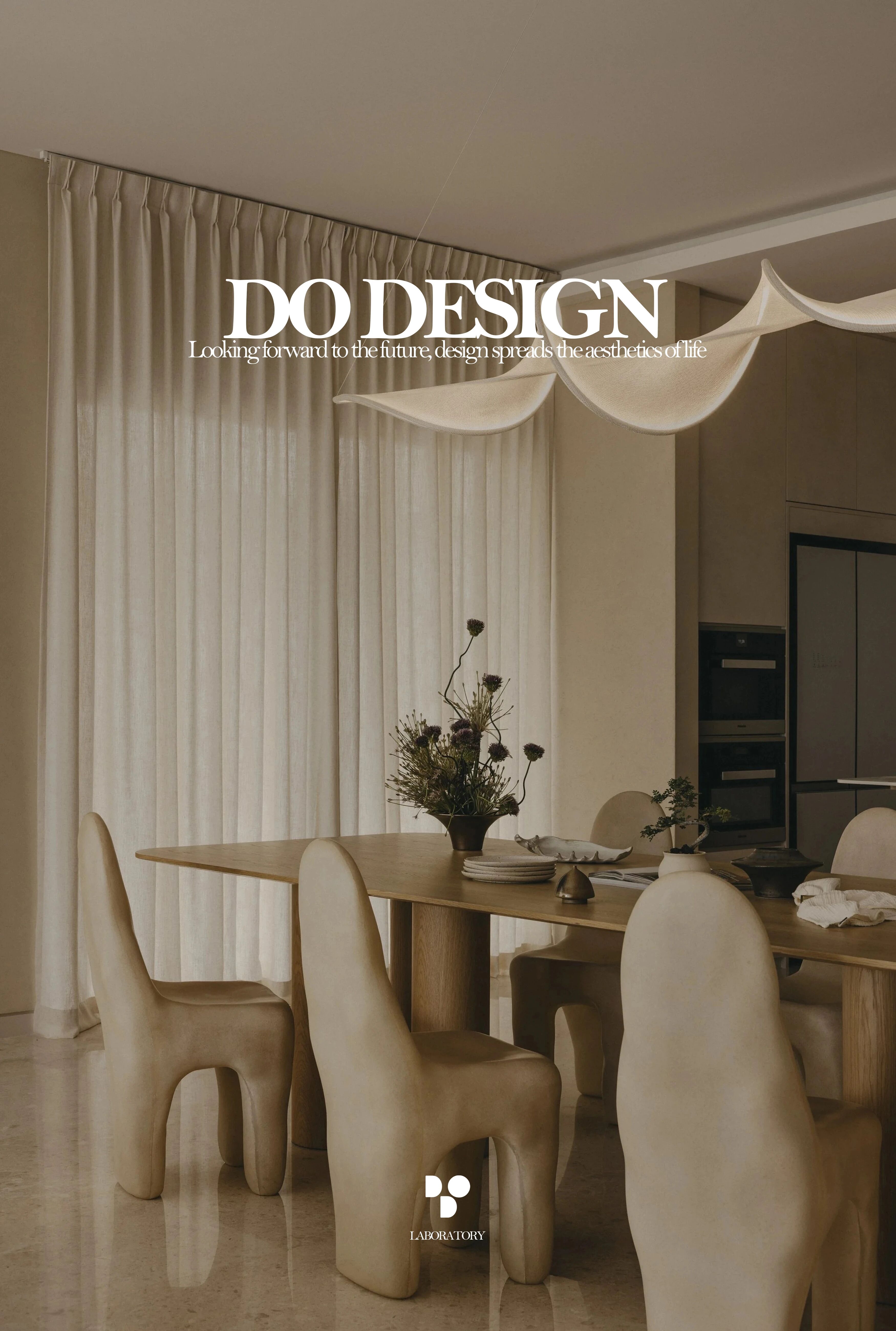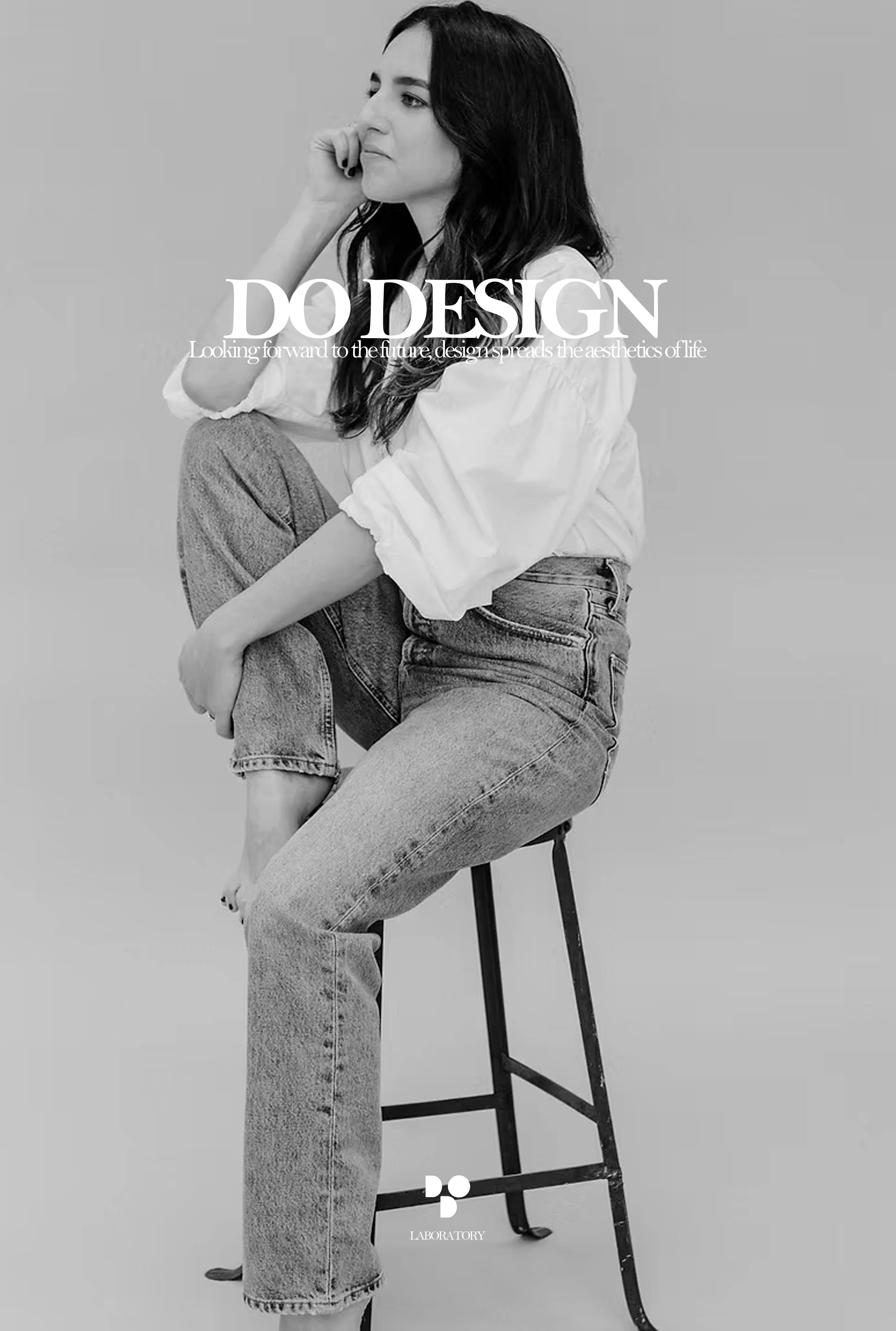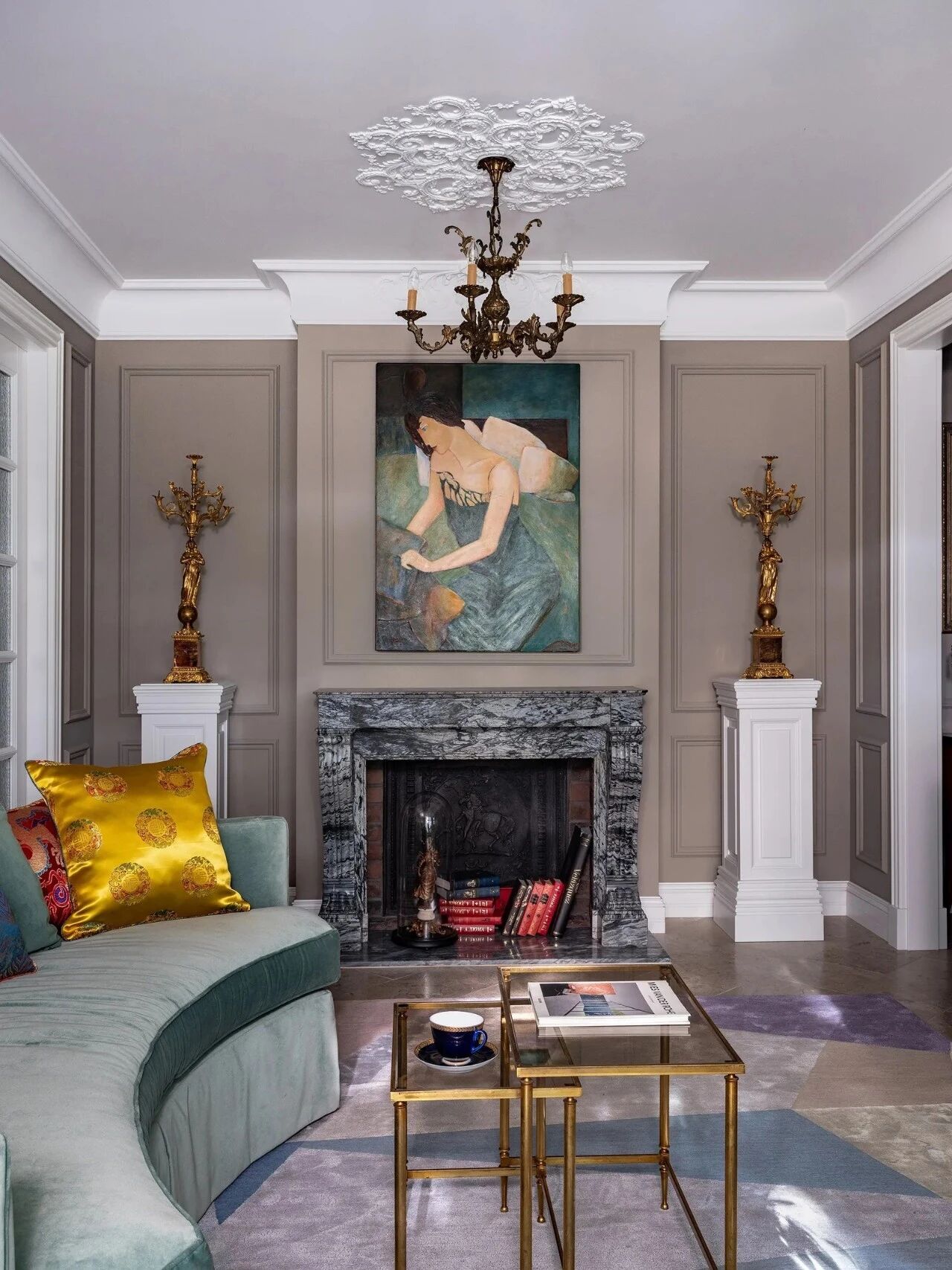Casa Sebastian / Workshop: Design Construction
2019-01-22 15:04
Project: Casa Sebastian Architects: Workshop: Design Construction Architects in Charge: Francisco Bernés Aranda, Fabián Gutiérrez Cetina Location: Chuburná Puerto, Progreso, Yucatán, México Area: 170.00m2 Year 2018 Photography: Tamara Uribe Construction: Ing. Alejandro Bargas Cicero, Arq. Isabel Bargas Cicero, Arq. Francisco Bernés Aranda, Arq. Fabián Gutiérrez Cetina
项目:Casa Sebastian建筑师:讲习班:设计建筑师主管:Francisco Bernés Aranda,Fabián Gutiérrez Cetina地点:ChuburnáPort,Progreso,Yucatán,México地区:170.00m2 2018年摄影:Tamara Uribe Construction:ING。作者:Alejandro Bargas Cicero,Arq.伊莎贝尔·巴尔加斯·西塞罗,阿克。作者:Francisco Bernés Aranda,Arq.法比安·古铁雷斯·塞蒂纳
Casa Sebastian by Workshop is a residence located in the heart of the port of Chuburna in the state of Yucatan. Designed as a rest house where the owners could relax and be in touch with nature during their visits.
Casa Sebastian by工作室是位于尤卡坦州Chuburna港中心的住宅。设计作为一个休息室,业主可以放松和接触大自然在他们的访问。
The angled design of the entrance invites visitors to take part of a small tour between the vegetation and the wall of lattices that divides the public space from the private until reaching the main door which is made of cedar wooden planks.
入口的角度设计邀请游客在植被和格子墙之间进行一次小的游览,这种墙将公共空间与私人隔开,直到到达由雪松木板制成的主门为止。
By accessing the house you have a general view of the front of the house where the lattice serves as a decorative element by crowning the building as well as being functional by being used as a handrail on the second level and on the rooftop.
通过进入房子,你可以看到房子的正面,格子作为装饰元素,加冕建筑,以及功能,作为扶手在第二层和屋顶上使用。
The lattices and wall textures are used as a reinterpretation of the characteristic elements in the Yucatecan architecture creating a harmonic play of light and shadows thanks to the different textures.
由于不同的纹理,格和墙纹理被用作对Yucateccan架构中的特征元素的重新解释,从而创建光和阴影的谐波播放。
The social area of the house consists of the kitchen and the living room joined to the terrace by a large sliding door from floor to the ceiling that can be fully opened integrating the inside and outside of the house and offering spaciousness by generating visuals to the garden and the pool.
住宅的社交区包括厨房和客厅,由一扇从地板到天花板的大滑动门与露台相连,门可以完全打开,把房子的内外结合起来,通过对花园和游泳池产生视觉效果,提供宽敞的空间。
Most of the decorative materials used are typical of the region; like the crema maya stone of the outer courtyard, the chukum resin of the swimming pool (the resin comes from boiling the bark of a tree endemic to the region and as a result provides the characteristic color blue of the Yucatecan swimming pools), and the pasta tiles that are used in the kitchen, restrooms and stairs to give traditional feeling of the local architecture.
所使用的装饰材料大多是该地区的典型;就像外面庭院的克里玛玛雅石一样,游泳池的木屑树脂(这种树脂来自于煮开当地特有树木的树皮,因此提供了尤卡特坎游泳池特有的蓝色),以及厨房、卫生间和楼梯上使用的面食瓷砖,以赋予当地建筑的传统感觉。
The light color of the walls along with the natural color of the woods aim to project freshness, establish unity with the rest of the materials used in the house to work as a canvas to display art.
墙壁的浅色与树木的自然色彩一起,旨在展现新鲜感,建立与其他材料的统一,在房子里用作画布来展示艺术。
In addition of the public area, the ground floor has a guest bedroom with a bathroom. Meanwhile, the upper floor holds exclusively the master bedroom with the main bathroom, both with access to a private terrace overlooking the gulf.
除公共区域外,一楼还有一间带浴室的客房。同时,上层只有主卧室和主浴室,都有私人露台可以俯瞰海湾。
The last space of the house is the roof top, which was designed with a steel and bamboo structure to hang hammocks and to protect against the Yucatecan sun in order to generate different atmospheres depending on the activities of the owners.
房子的最后一个空间是屋顶,屋顶是用钢和竹子结构设计的,用来悬挂吊床和抵御尤卡特康的太阳,以便根据业主的活动产生不同的气氛。
 举报
举报
别默默的看了,快登录帮我评论一下吧!:)
注册
登录
更多评论
相关文章
-

描边风设计中,最容易犯的8种问题分析
2018年走过了四分之一,LOGO设计趋势也清晰了LOGO设计
-

描边风设计中,最容易犯的8种问题分析
2018年走过了四分之一,LOGO设计趋势也清晰了LOGO设计
-

描边风设计中,最容易犯的8种问题分析
2018年走过了四分之一,LOGO设计趋势也清晰了LOGO设计


























































